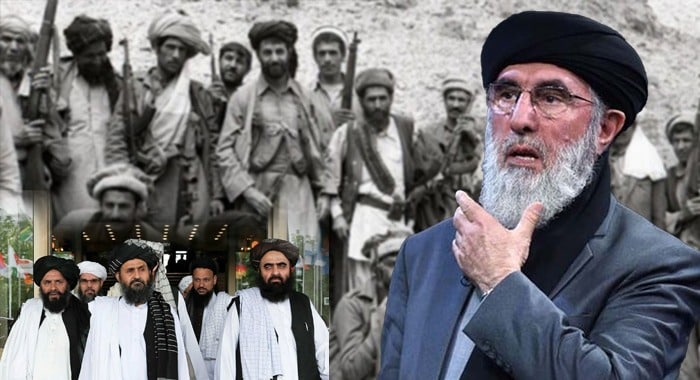Gulbuddin Hekmatyar, the leader of Hezb-e-Islami Afghanistan, has warned that any attempt to seize political power through violence, coups, or foreign intervention would risk dragging Afghanistan back into conflict and crisis.
In a message marking Eid al-Adha, Hekmatyar emphasized that sustainable peace can only be achieved through genuine, unconditional dialogue among all parties. He called on Afghan political actors to avoid the “violent methods of the past” and reject renewed reliance on external powers.
Reflecting on the country’s history of conflict, Hekmatyar stressed that foreign intervention and forceful takeovers had only deepened Afghanistan’s suffering. “Political power should be transferred peacefully through the people’s vote and collective will,” he said. “No individual or group should seize authority through force, coups, or foreign backing.”
He asserted that it is the religious and human right of the Afghan people to choose their leaders. “We will only accept a leader, and refrain from opposing him, if the majority of people recognise him as such.”
Calling for the establishment of an Islamic system rooted in religious principles, Hekmatyar also condemned what he described as the “absolute despotism of a tribe, family or individual.” He said Afghanistan’s history of regime change through military coups had led to repeated disasters, and warned that the only way to prevent future tragedies is to resist threats and end violence.
Hekmatyar proposed the formation of a national council that genuinely represents the people, with the authority to deliberate on major national issues, including domestic governance, foreign policy, and matters of war and peace.
He also highlighted the absence of a formal constitution, arguing that one must be drafted and approved by an elected council representing national consensus and the collective will of the nation. “The only legitimate body to draft and approve such a constitution,” he wrote, “is a council elected by the people.”
His message comes amid ongoing debates over political representation and the structure of governance in Afghanistan, as calls grow for inclusive mechanisms to ensure the country’s long-term stability.





